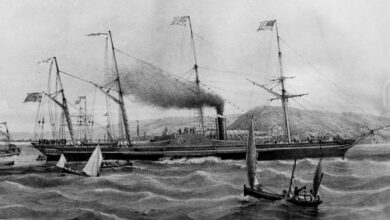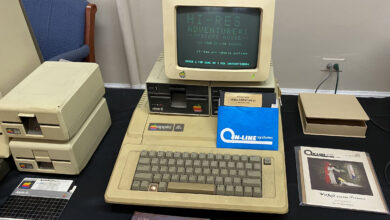Byte-Sized Revolution: Celebrating the Day Apple Was Born
On April 1, 1976, a significant milestone in the history of technology and business occurred with the formation of Apple Computer, Inc. (now Apple Inc.) by Steve Jobs, Steve Wozniak, and Ronald Wayne. The founding of Apple not only marked the inception of a company that would become a global leader in innovation but also heralded a new era in personal computing and technology.
Operating out of Steve Jobs’ parents’ garage in Los Altos, California, the trio set out to revolutionize how people interacted with technology. Their first product, the Apple I, was a pioneering personal computer designed and hand-built by Wozniak. Unlike many of its contemporaries, the Apple I came with a fully assembled motherboard, making it more accessible to the general public. Although it required users to provide their own keyboard, case, power supply, and display, the Apple I represented a significant step forward in personal computing.
The Apple I was officially introduced in July 1976 at the Homebrew Computer Club in Palo Alto, California, and it went on sale for $666.66. The company sold about 200 units of the Apple I, laying the financial and operational groundwork for developing the Apple II, which would be one of the first highly successful mass-produced personal computers.
The Apple II, launched in April 1977, was a groundbreaking achievement that included colour graphics and an open architecture, allowing for the expansion of the system’s capabilities. Its success propelled Apple to the forefront of the burgeoning personal computer industry, driving rapid growth and innovation. The company’s subsequent products, including the Macintosh, introduced in 1984 with its graphical user interface, continued to set new standards for personal computing.
Apple’s founding on April 1, 1976, is not just a story of technological innovation but also of vision, entrepreneurship, and the transformative power of ideas. The company’s journey from a garage startup to a multinational corporation exemplifies the potential of ingenuity and hard work to change the world. Today, Apple is a symbol of innovation, with its products and services shaping how people communicate, work, and entertain themselves globally.
The legacy of Apple’s formation extends beyond its impact on technology; it has influenced culture, design, and business practices worldwide. As we reflect on this momentous event, we celebrate the spirit of innovation and the relentless pursuit of excellence that continues to drive progress in the digital age.





